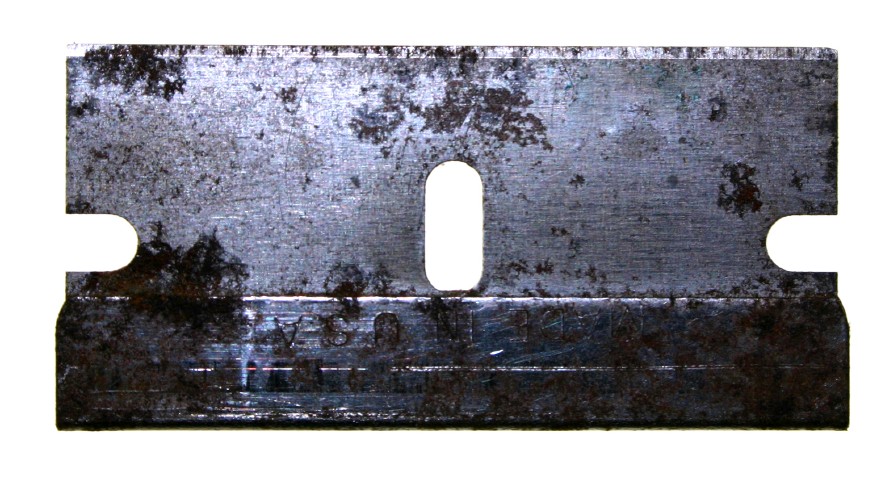Update on the First Female Genital Mutilation Case in the U.S.: A stunning development as judge dismisses primary charges against defendants and rules anti-FGM law unconstitutional

In a shocking ruling, the district court judge presiding over the first-ever federally prosecuted case of female genital mutilation deemed the federal anti-FGM law unconstitutional. Key charges brought against the defendants in the case have subsequently been dismissed.
United States of America v. Nagarwala, et al (17-20274)
Eastern District of Michigan United States District Court
The fight to end female genital mutilation (FGM) in the U.S. was dealt a devastating blow last week when the judge presiding over United States of America v. Nagarwala ruled that the federal law criminalizing FGM was unconstitutional. The decision dismisses key charges brought against Dr. Jumana Nagarwala, a Michigan doctor accused of performing FGM on multiple young girls.
This trial represented a milestone in the anti-FGM law’s record. For the first time in American history, perpetrators of FGM could have been brought to justice in federal courts, sending a clear message that mutilating girls is not acceptable in the U.S. In an utterly shocking turn of events, the charges brought against the defendants in this case were dropped, on the grounds that prosecution of FGM should be left to the individual states.
Over the past few days, AHA Foundation’s reactions have been featured in The Guardian and the Associated Press.
The reality is that 23 states have failed to pass anti-FGM legislation – all of which could now become destinations for parents and guardians seeking to cut their girls. Those who wish to engage in this brutal practice could travel to states that lack anti-FGM laws in order to dodge harsh criminal penalties.
The defendants in the Michigan case had some of their victims shipped from Minnesota and Illinois to Michigan, which had no protections in place at the time, and the only way of holding them accountable for FGM was this federal statute. Unless prosecutors successfully appeal, thousands of vulnerable women and girls could be left without meaningful protection from federal authorities.
AHA Foundation has monitored this trial closely. Last year, we praised federal law enforcement for their efforts in gathering enough evidence to hold Dr. Nagarwala and her co-defendants to account, and published updates as the trial progressed. We worked with a dedicated and extraordinarily talented team of attorneys at White & Case to file an amicus curiae (friend of the court) brief in support of the law after defense lawyers challenged its constitutionality.
The impact of this judgment reaches far beyond the nine victims involved in this case. It sends a message to victims and abusers alike, that the mutilation of young girls and women is not a concern at the national level. At this, we are bewildered and we are outraged, yet we will never be discouraged.
This ruling is a setback, but we want our supporters to know that AHA Foundation will not stand by and wait by the sidelines. We will support prosecutors in an appeal and, if the judge’s decision stands, we will undertake efforts to work with Congress to pass a new anti-FGM federal law. We will also continue our efforts to ban the practice in all 50 states.
AHA Foundation is committed to breaking the silence about this, and other dangerous cultural practices, and advocating for the rights of at-risk girls and survivors.
This life-saving work is only possible because of supporters like you. Last week, we celebrated #GivingTuesday, a global day of giving. To those of you who renewed your giving to AHA Foundation, we are immensely grateful. If you have not yet had a chance to send in your gift, please act now and help us end this barbaric practice.

